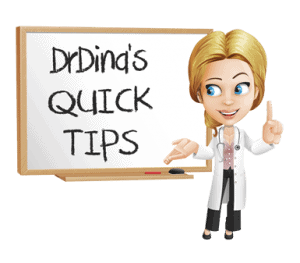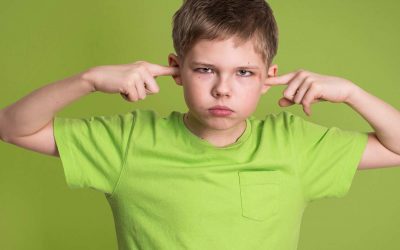What Are Signs Of Depression In My Child?
Depression is more than just feeling down. It is an all-encompassing feeling that affects a young person’s view of themselves, others and the world. Depression can interfere with eating, sleeping, school performance and relationships.
What is the clinical depression definition? For depression to be considered clinically significant, symptoms must have been present for at least two weeks and represent a change in previous functioning.
What are signs of depression?
Here are some key warning signs of depression in children and young people:
- Consistent reporting of low mood (most of the day, nearly every day) and/or observation made by others e.g. unusually tearful
- Irritability
- Sleeping a lot more or a lot less than usual
- Eating a lot more or eating a lot less than usual
- Fatigue or loss of energy
- Diminished ability to think or concentrate
- Feeling of worthlessness
- Feeling that life is hopeless or pointless
- Thoughts of suicide or self-harm
- Suicide attempt or a specific plan for committing suicide
Mental health concerns may often have overlapping symptoms, for example anxiety and depression are often present together. Contributing factors e.g. substance abuse also need to be ruled out.
What Causes Depression?
There are many theories about what causes depression. Psychologists believe that mental health concerns arise from a combination of ‘biopsychosocial’ causes.
Bio – Someone may have a biological predisposition, a family history or a particular temperament that makes him or her more susceptible to becoming depressed.
Psycho – A person’s approach to self-esteem, coping skills and social skills.
Social – A person’s relationships or environment. This includes significant changes, losses and trauma.
Quick Tips:
-
Depression is common, and under-diagnosed
-
Pay attention to key features
-
If you are concerned about your child, seek a professional opinion.
-
If your child has severe depression symptoms like suicidal ideation – call 911 or visit your local emergency room for assessment
Read more on social development in children.
Want to see our developmental milestones chart?
What does resilience mean?










